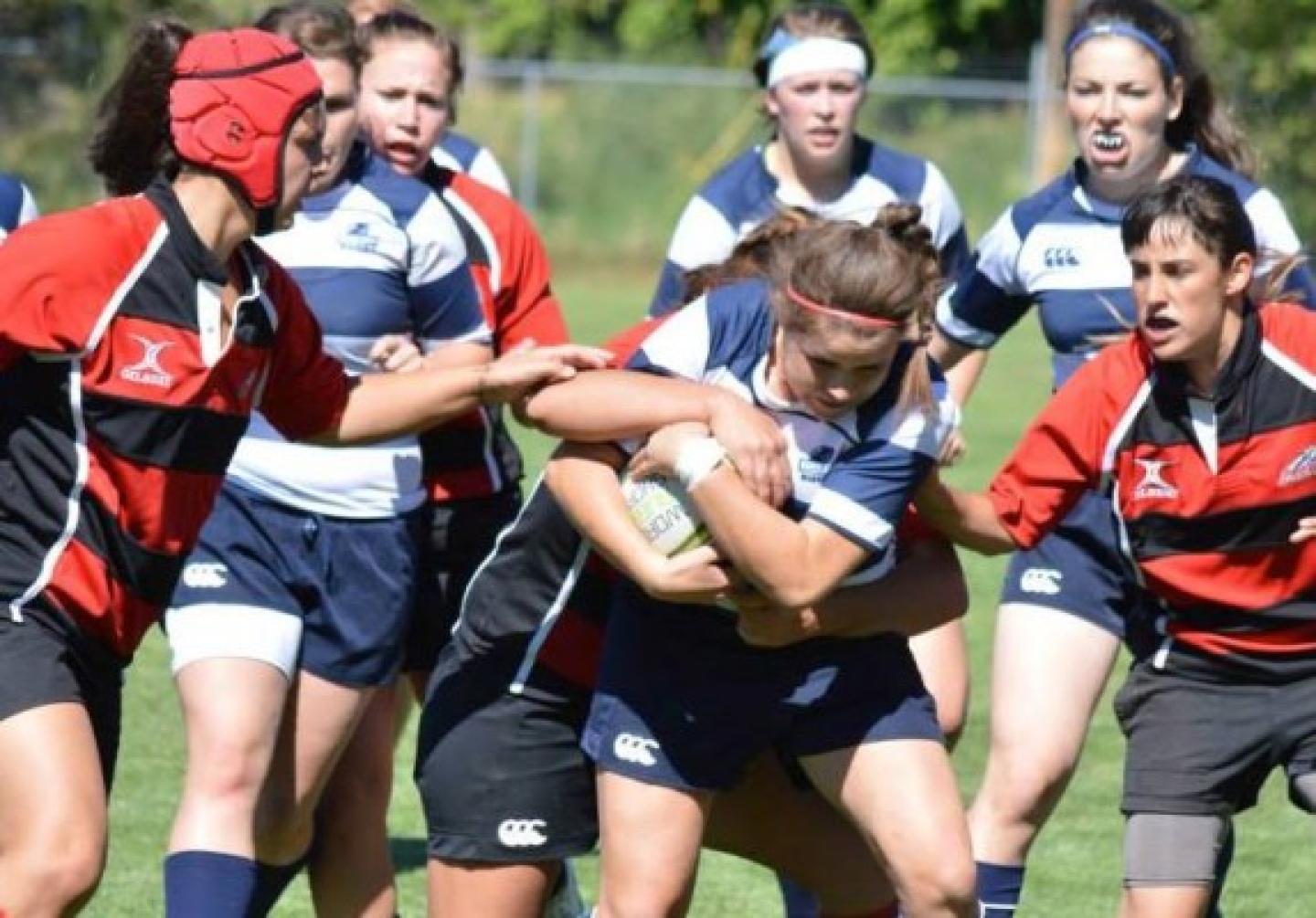The DIA championship weekend will be May 8-10, and will likely feature just one championship game, but that could change.
Women’s college rugby has evolved to the point where some teams are dominant. Penn State hasn’t missed a national DI final since 2003. Stanford, BYU, and Army are among an elite group of teams that have succeeded in a non-varsity situation. Army is now varsity, and joins the likes of Quinnipiac, Central Washington, AIC, Norwich, and Life University in that situation (we ignore Eastern Illinois because they don’t play well with others).
An elite level of women’s college rugby is developing, and the creation of a DIA competition will give those teams better competition, and also open up the DIAA playoffs for other programs. That is exactly how the men’s DIA/DIAA split worked.
Teams will need to declare themselves as DIA. Several programs are in discussion with USA Rugby about that right now, and it could be that the 2015 DIA has only four teams. Some obvious candidates are concentrating on fall rugby, but might change their minds if they see DIA take off.
For now, it seems a no-brainer that Penn State, Stanford, BYU (Women’s Cougar Rugby), and Army should be interested. Young varsity programs such as Central Washington, Harvard, Quinnipiac, and Life would be good candidates. Norwich plays in the fall but should be able to reload for a spring playoff. AIC isn’t varsity, but is close.
Club teams such as UCLA, Navy, New Mexico, Texas A&M, North Carolina, Indiana, James Madison, and varsity program West Chester might also look into it.
But it’s highly unlikely that all 18 teams will make that jump.


